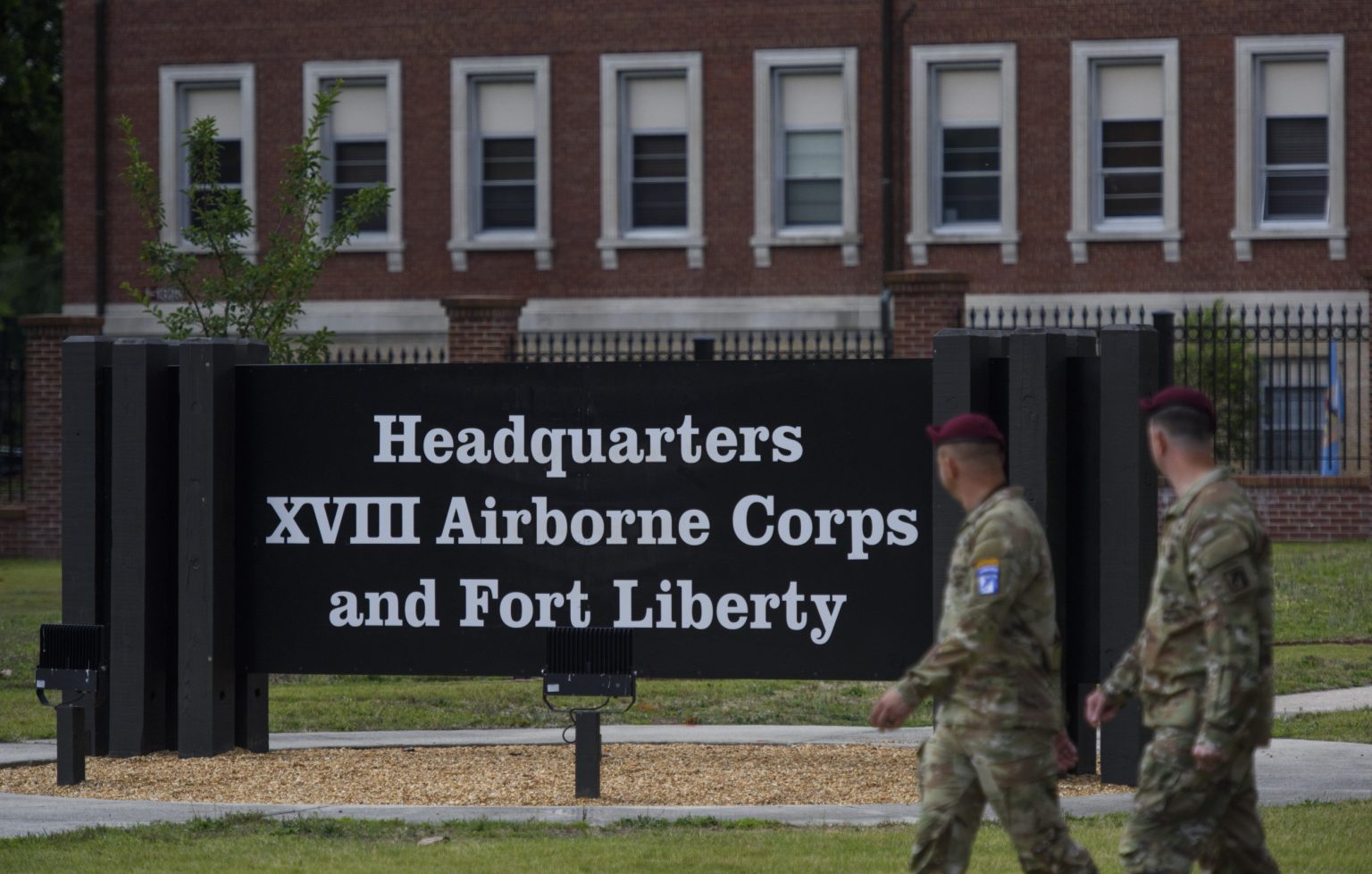Fort Liberty, formerly known as Fort Bragg, stands as a prominent military installation steeped in history and controversy. Located near Fayetteville, North Carolina, it boasts a vast expanse, potentially the largest military base globally by population, housing over 52,000 military personnel, their families, and civilian employees. Originally established in 1918 as an artillery training ground due to its favorable climate and terrain, Fort Liberty now serves as the home of the Army’s XVIII Airborne Corps and the United States Army Special Operations Command. The base’s proximity to Fayetteville offers residents access to a range of urban amenities, from diverse dining and cultural experiences to recreational opportunities.
The base’s name change in 2020 reflected a broader national reckoning with Confederate symbols. Initially named after Confederate General Braxton Bragg, the base’s moniker became a subject of debate amid the Black Lives Matter protests following George Floyd’s death. The military’s subsequent review of base names led to the renaming of several installations bearing Confederate figures’ names. However, the decision remains politically charged, with some advocating for the restoration of the original name.
Beyond its historical significance and naming controversy, Fort Liberty grapples with a darker legacy: a concerning number of unsolved murders and deaths on and around the base. A cluster of incidents in 2020 saw 44 soldiers die stateside, with some deaths classified as homicides and others as suicides. A subsequent investigation by Rolling Stone revealed a disturbing trend of deaths, encompassing murders, suicides, and overdoses, exceeding 100 within a two-year period since the pandemic’s onset. This alarming statistic raised concerns about the well-being of soldiers stationed at Fort Liberty and the adequacy of support systems.
Adding to the base’s troubled history is the unresolved case of Specialist Enrique Roman-Martinez, a paratrooper who disappeared in 2016 while camping with fellow soldiers. The discovery of his decapitated remains sparked a homicide investigation that, despite years of scrutiny, remains unsolved. This tragic incident, along with other unsolved murders and deaths, underscores the complex challenges faced by military personnel and the need for comprehensive investigations and support services.
Furthermore, a series of spousal homicides in 2010 highlighted the pressures faced by military families and the need for increased resources to address domestic violence and mental health concerns within the military community. Advocacy groups have long called for improved support systems to help soldiers and their families cope with the unique stressors of military life, including deployment, relocation, and reintegration. The high concentration of deaths at Fort Liberty underscores the urgency of addressing these systemic issues.
Fort Liberty’s history, while marked by significant contributions to national defense, is also intertwined with complex social issues, from the legacy of Confederate symbolism to the tragic loss of life within its ranks. The base’s ongoing challenges underscore the need for continued efforts to support the well-being of military personnel and their families, ensuring that Fort Liberty can fulfill its mission while fostering a safe and supportive environment for all who serve. The unsolved murders and high death toll demand thorough investigations and comprehensive support services to address the underlying issues contributing to these tragic events. Furthermore, the debate surrounding the base’s name serves as a reminder of the ongoing national conversation about race, history, and reconciliation.

